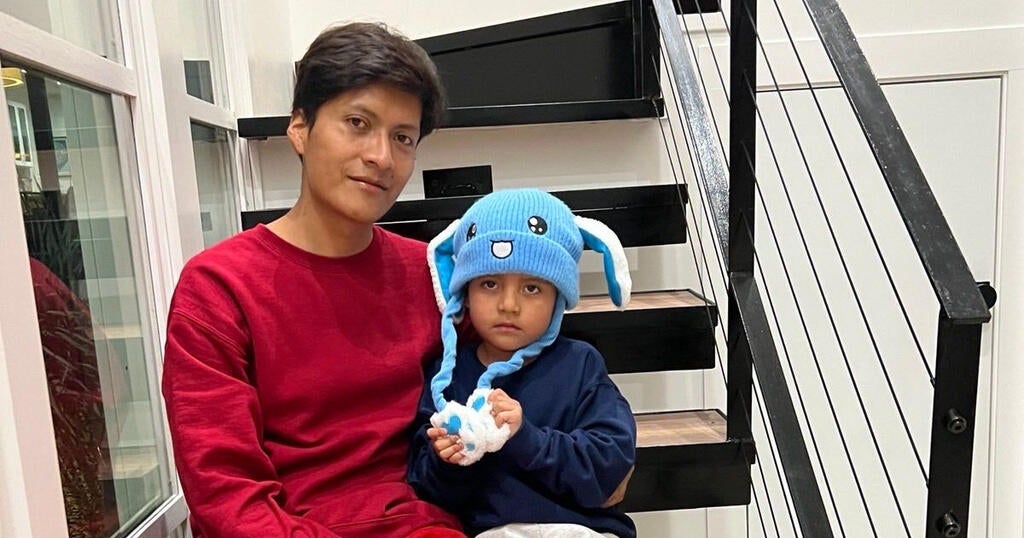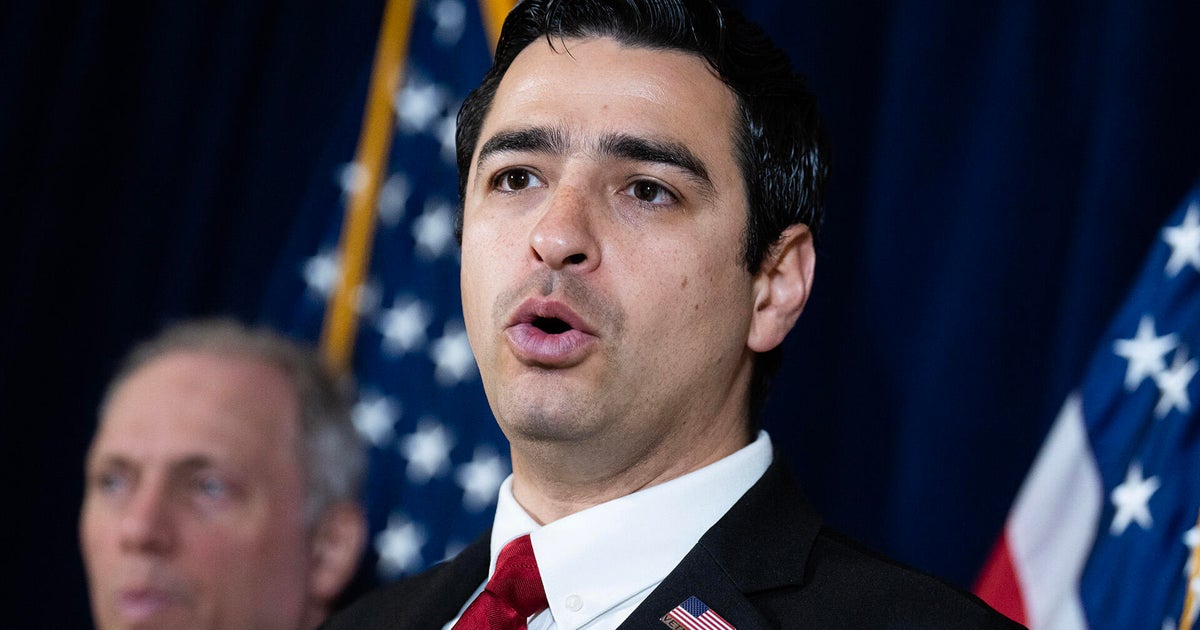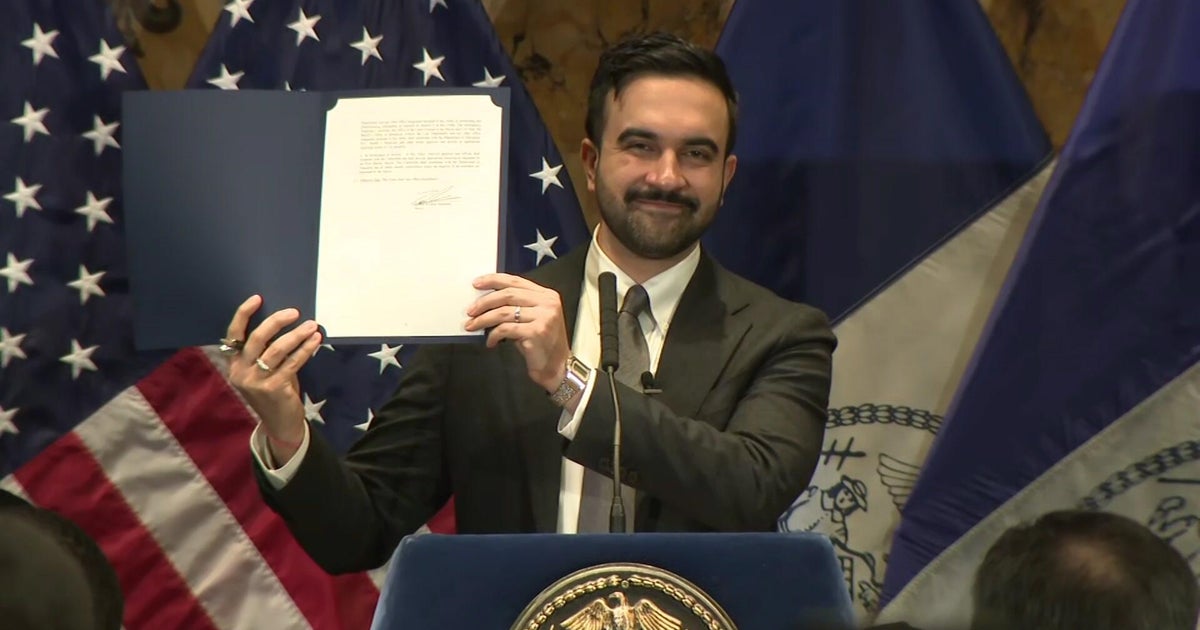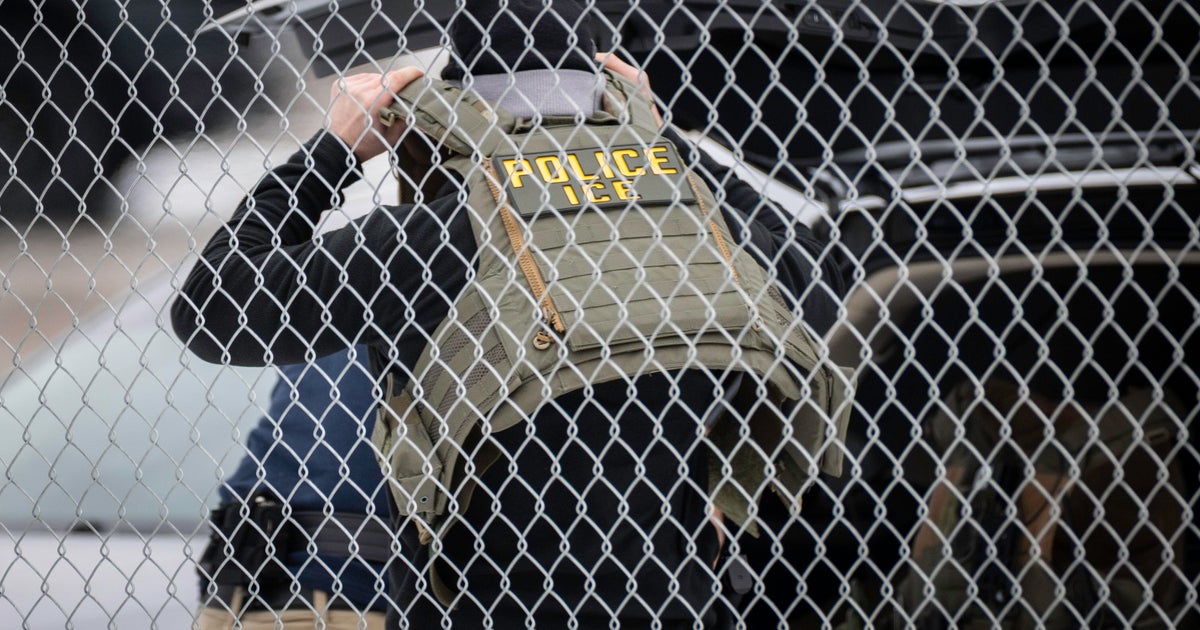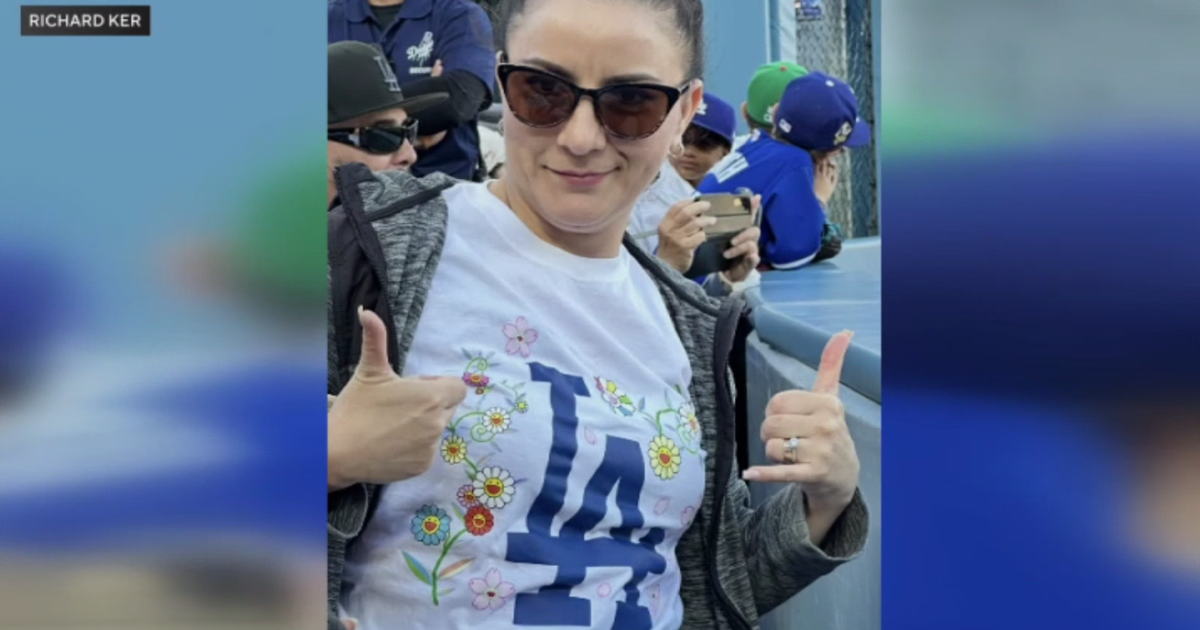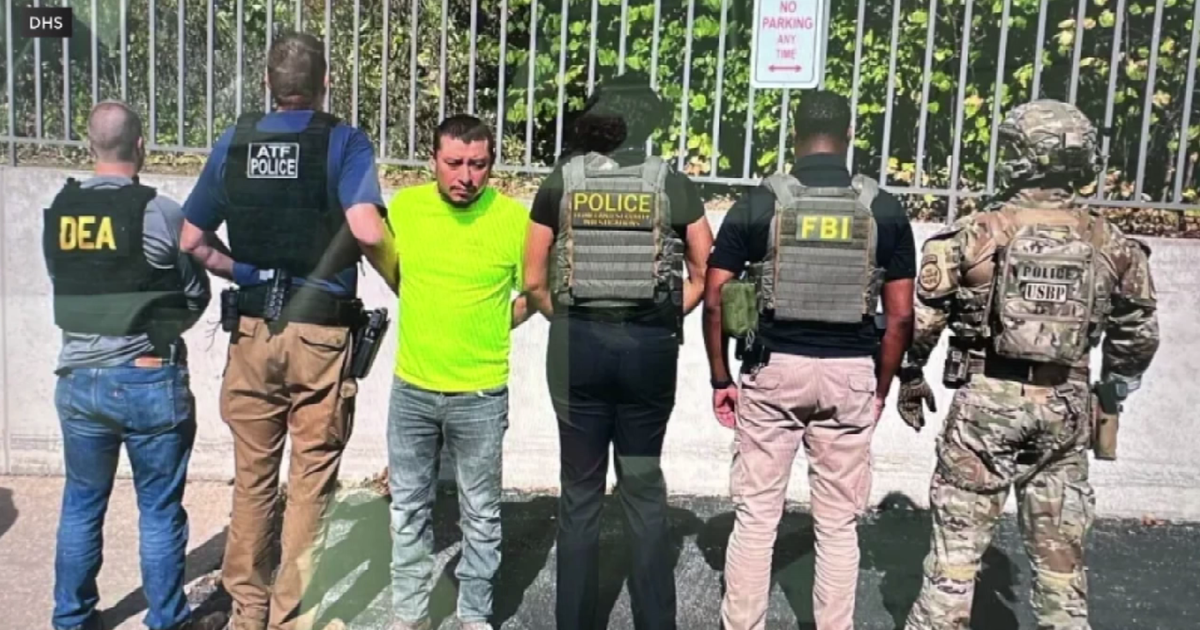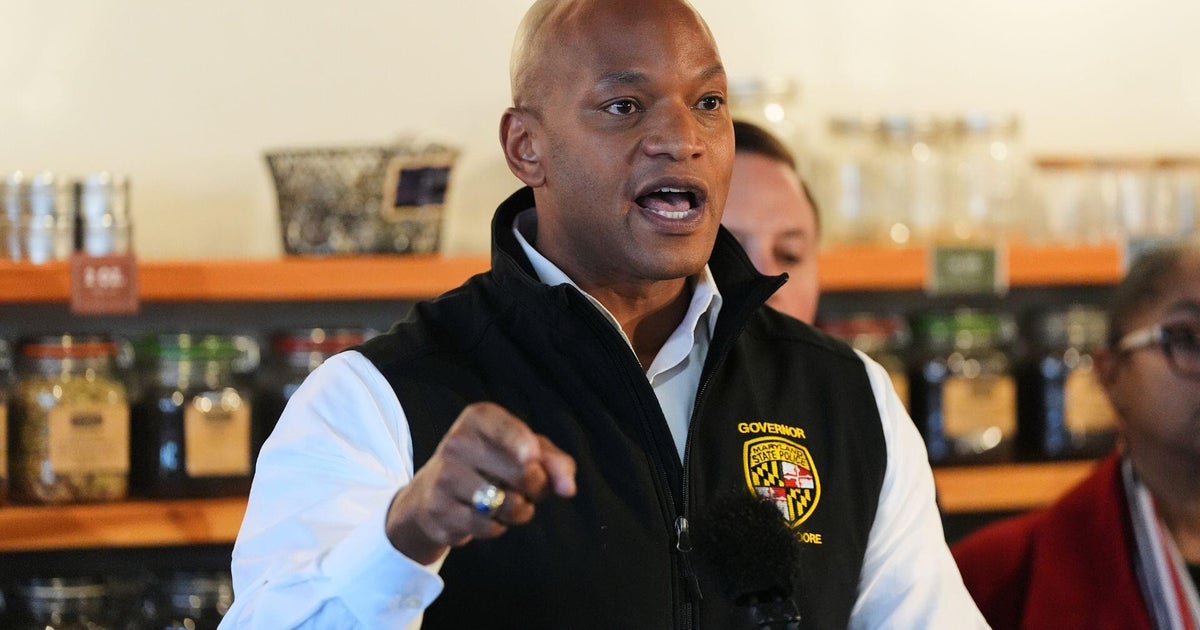President Biden to expand migration programs
WASHINGTON - President Joe Biden on Thursday announced he is expanding a program to accept up to 30,000 migrants per month from Cuba, Haiti, Nicaragua and Venezuela -- along with a plan to expel as many migrants from those countries who circumvent US laws -- as his administration confronts a surge of migrants at the southern border.
In a speech from the White House, Biden also unveiled plans to visit the US southern border on Sunday, stopping in El Paso, Texas, to meet local officials and address border security issues. It will be his first stop at the border as president.
Biden renewed calls on Congress to pass new immigration laws, arguing his powers to address a growing crisis are limited. He said the politics around border policy and migration often cloud discussions around how to handle migration and crossings at the border.
"It's important to step back and see the bigger picture," Biden said, citing the migrants' desire to seek their own version of the American dream.
The announcements and border visit amount to a surge in presidential attention on an issue that's increasingly become a political liability for Biden. He has been relentlessly criticized by Republicans and even some border-district Democrats for failing to address record levels of border crossings.
The president acknowledged in his remarks the steps he was taking were not enough to remedy the problem but framed them as an effort to use his executive powers to manage the swelling crisis.
The announcement follows a surge of migrants trying to make it shore and landing in the Florida Keys in the past week. According to Dry Tortugas National Park, 300 migrants arrived at the park in just a few days. The Monroe County sheriff had asked for federal help. There were dramatic images from a cruise ship as passengers spotted some migrants on a raft. And the Border Patrol tweeted out pictures of rafts that came ashore in the Keys.
Ramon Saul Sanchez, an activist for Cuban migrants, told CBS4's Peter D'Oench, "Sending back Cubans through Mexico is not going to solve the problem. It's only going to increase the exodus from Cuban on the ocean to the United States. Unfortunately, our approach has been dealing with the symptoms instead of the roots of the problem. We have to go to the roots of the problem."
Two men whose parents came to the U.S. from Cuba say it's a complicated issue.
Armando Aguilar said, "I feel some individuals might need to go back while others deserve the opportunity to come here and be here."
Alexander Avila said "I just wish they could make it easier for people not to have to resort to illegal immigration to come because these people still want to have a better life. We are like the American dream. People want to come here to have a better life."
"These actions alone that I'm going to announce today aren't going to fix our entire immigration system, but they can help us a good deal in better managing what is a difficult challenge," he said.
The announcements come ahead of Biden's first visit as president to Mexico, where he will discuss migration issues with the country's president Andrés Manuel López Obrador. The Biden administration is leaning on Mexico and other countries in the Western Hemisphere to provide temporary protections to migrants who have fled their home countries.
"We should all recognize that as long as America is the land of freedom and opportunity, people are going to try to come here," Biden said in his remarks. "And that's what many of our ancestors did. And it's no surprise that it's happening again today. We can't stop people from making the journey, but we can require them to come here in an orderly way."
In Texas on Sunday, Biden will arrive at the epicenter of the issue. El Paso began seeing record levels of migrant arrivals beginning a few weeks ago, when anxiety about the scheduled end of the Trump-era pandemic public health rule known as Title 42 prompted thousands of migrants to turn themselves in to border authorities or to cross into the United States illegally in a very short period of time.
Title 42 allows immigration authorities to swiftly return some migrants to Mexico. The policy was scheduled to lift last month, but a Supreme Court ruling kept the rule in place while legal challenges play out in court.
The announcements Biden made Thursday reflect the administration's effort to prepare for the end of Title 42, along with putting in place programs to manage the surge of migrants that have coincided with the anticipated end of the rule.
The administration will now accept up to 30,000 migrants per month from Nicaragua, Cuba, Haiti and Venezuela under a humanitarian parole program geared toward those nationalities. Those who do not come to the US under that program may be expelled to Mexico under Title 42. The authority remains in place following a Supreme Court order last month.
Officials said they would return 30,000 migrants per month who circumvent the legal processes to Mexico.
Migrants from those countries who wish to come to the United States must apply from their home countries first -- including through a phone app -- before traveling to the US. They must have a US sponsor, and, if they are approved, can travel by plane.
Administration officials previously touted the parole program for Venezuela following its rollout late last year, attributing a drop in border crossings of Venezuelans to the policy. For months, officials have been considering expanding the program to other nationalities to try to manage the flow of migration to the US southern border, culminating in Thursday's announcement.
Officials said the announcements are meant to send a message to migrants that they should apply for entry to the United States before leaving their home countries, and that circumventing the process will result in expulsion.
"My message is this: If you're trying to leave Cuba, Nicaragua or Haiti, have agreed to begin a journey to America, do not -- do not -- just show up at the border," Biden said. "Stay where you are and apply legally. Starting today, if you don't apply through the legal process, you will not be eligible for this new parole program."
In addition, Biden announced new humanitarian assistance to Mexico and Central America.

